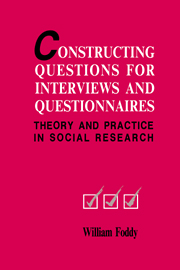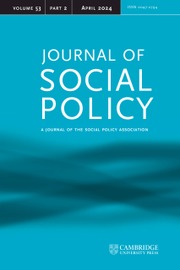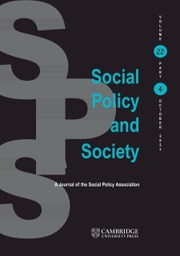
Constructing Questions for Interviews and Questionnaires
Theory and Practice in Social Research
£29.99
- Author: William Foddy, Monash University, Victoria
- Date Published: August 1994
- availability: Available
- format: Paperback
- isbn: 9780521467339
£
29.99
Paperback
Other available formats:
Hardback, eBook
Looking for an inspection copy?
This title is not currently available on inspection
-
The success of any interview or questionnaire depends upon good question design, yet most of the available literature has been devoted to interview techniques, rather than question formulation. This practical book provides a coherent, theoretical basis for the construction of valid and reliable questions for interviews and questionnaires. The theoretical framework used in the book provides a set of principles that, when followed, will increase the validity and reliability of verbal data collected for social research. Dr Foddy outlines the problems which can arise when framing questions with clarity and commonsense. He has written a wide ranging, useful book for survey practitioners working in the social sciences.
Customer reviews
Not yet reviewed
Be the first to review
Review was not posted due to profanity
×Product details
- Date Published: August 1994
- format: Paperback
- isbn: 9780521467339
- length: 244 pages
- dimensions: 229 x 152 x 14 mm
- weight: 0.36kg
- contains: 10 b/w illus. 11 tables
- availability: Available
Table of Contents
Preface
1. An initial statement of the problem
2. A theoretical framework
3. Defining topics properly
4. Formulating intelligible requests for information
5. Contextual influences on respondent's interpretations of questions
6. The need to provide response frameworks
7. The limitations of human memory
8. Filters: establishing the relevance of questions to the respondents
9. Reducing question threat
10. The open vs closed question debate: coding reponses to open questions and formulating sets of response options for closed questions
11. Measuring attitudes
12. Checks to ensure that questions work as they are intended to work
Conclusions
References.
Sorry, this resource is locked
Please register or sign in to request access. If you are having problems accessing these resources please email [email protected]
Register Sign in» Proceed
You are now leaving the Cambridge University Press website. Your eBook purchase and download will be completed by our partner www.ebooks.com. Please see the permission section of the www.ebooks.com catalogue page for details of the print & copy limits on our eBooks.
Continue ×Are you sure you want to delete your account?
This cannot be undone.
Thank you for your feedback which will help us improve our service.
If you requested a response, we will make sure to get back to you shortly.
×





